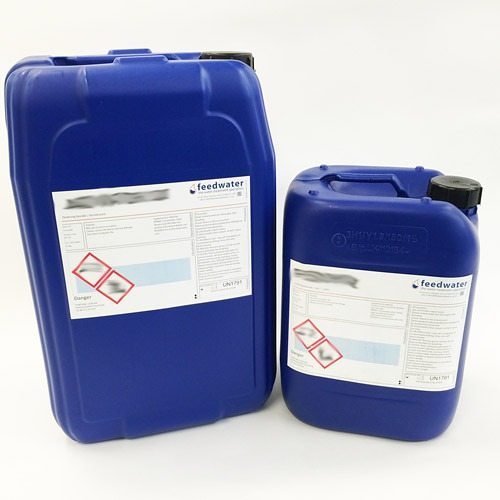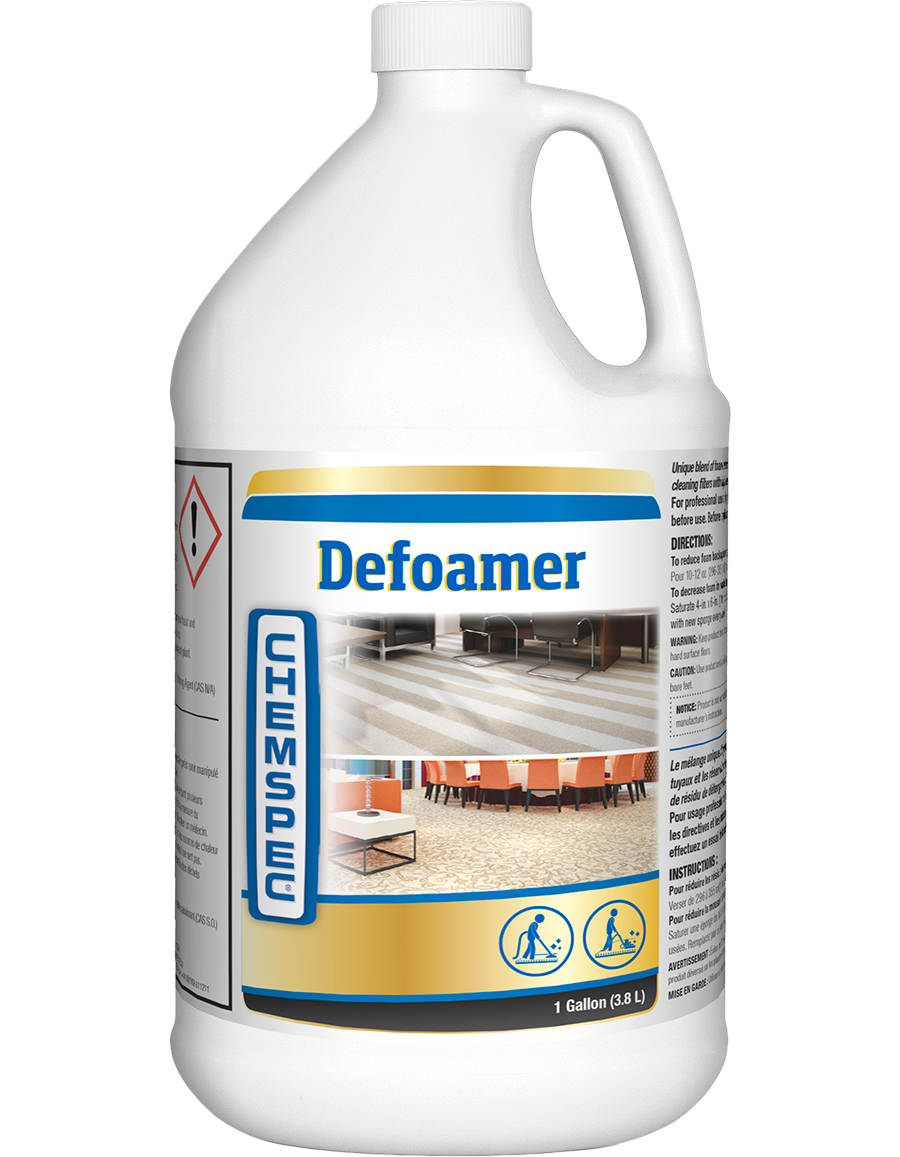How Industries Gain from Using a Reliable Chemical Defoamer
How Industries Gain from Using a Reliable Chemical Defoamer
Blog Article
Discover the Leading Reasons You Required a Chemical Defoamer for Effective Foam Control
In various commercial applications, reliable foam control is extremely important for maintaining operational performance and item quality. Chemical defoamers serve as necessary representatives that mitigate foam formation, thereby improving procedures in fields such as food manufacturing, pharmaceuticals, and wastewater treatment. Their capacity to reduce surface tension not only assists in quicker foam collapse yet additionally leads to substantial price savings and improved resource management. As we explore the multifaceted advantages of chemical defoamers, it ends up being obvious that their function prolongs beyond simple foam reduction, affecting general efficiency in methods that may not be promptly evident.
Enhanced Operational Effectiveness
How can the effective use chemical defoamers dramatically boost functional effectiveness in different industrial processes? The visibility of foam can impede production by obstructing tools, minimizing capability, and complicating procedure control. Chemical defoamers work as an important service in mitigating these obstacles. By minimizing surface stress, they assist in the rapid collapse of foam, permitting smoother procedure and reducing downtime (Chemical Defoamer).
In sectors such as food and beverage, drugs, and wastewater treatment, the application of defoamers improves process security and product high quality. As an example, in fermentation procedures, controlling foam generation is crucial for optimizing yield and effectiveness. In addition, the use of defoamers can cause more efficient blending and aeration, leading to boosted reaction times and general performance.
Furthermore, when foam is efficiently managed, it minimizes the threat of overflow and contamination, ensuring compliance with safety and quality standards. Ultimately, the combination of chemical defoamers into industrial processes fosters a more efficient workflow, optimizing output while maintaining top quality requirements.
Cost Savings and Source Management

Furthermore, making use of defoamers boosts the performance of basic material usage. In numerous applications, extreme foam can trigger overuse of chemicals, bring about unneeded expenditures. By controlling foam levels, companies can enhance their chemical input, consequently reducing functional prices. This not just adds to economic cost savings yet likewise advertises sustainable techniques by decreasing waste.
Furthermore, minimized foam in handling systems can improve the overall throughput, allowing facilities to increase manufacturing ability without sustaining additional expenses - Chemical Defoamer. This efficient resource monitoring converts right into considerable financial advantages, allowing services to assign funds toward innovation or development. In recap, the combination of chemical defoamers into industrial procedures promotes a more affordable and resource-efficient setting, inevitably supporting organizational development and sustainability
Improved Product Quality

The use of chemical defoamers plays a critical function in boosting item quality throughout various sectors. Extreme foam can lead to irregular product formulas, impacting the last qualities of items such as paints, finishes, foodstuff, and drugs. By reducing foam development, chemical defoamers help with smoother manufacturing processes, ensuring that formulas continue to be uniform and fulfill given top quality requirements.
In the food and drink industry, for example, the visibility of foam can impact the quality and taste of items, inevitably influencing customer satisfaction. Chemical defoamers assist keep the desired appearance and appearance, thus boosting the overall high quality of the last product. In the manufacturing of coatings and paints, foam can lead to problems such as pinholes and bad adhesion, threatening the item's performance.
In addition, the use of defoamers can boost the effectiveness of procedures like fermentation Read Full Article and emulsification, which are essential for attaining preferred product characteristics. By improving manufacturing and making sure regular quality, chemical defoamers not only improve completion item yet additionally add to a positive brand credibility. Therefore, purchasing efficient foam control options is crucial for any business aiming to deliver premium items continually.
Tools Defense and Long Life
Minimizing foam manufacturing is essential for protecting equipment and ensuring its long life in numerous commercial applications. Extreme foam can cause a series of operational issues, including equipment damages, raised upkeep expenses, and unexpected downtime. When foam builds up, it can cause overflow, leading to spills that compromise the honesty of equipment and surrounding areas.
Moreover, foam can block pumps and sensors, which can hinder efficiency and performance. In serious cases, it can cause the failure of elements, requiring costly fixings or substitutes. By using a chemical defoamer, companies can effectively minimize foam formation, thus protecting their equipment from the harmful effects of foam-related concerns.
In addition to stopping damage, reliable foam control can considerably boost the operational lifespan of equipment. Spending in a top quality chemical defoamer is a proactive method for shielding equipment and promoting durability in commercial settings.
Convenience Across Industries
Chemical defoamers play an important duty in numerous industries, efficiently attending to foam-related challenges throughout varied applications. Their convenience appears in industries such as food and beverage, pharmaceuticals, and wastewater therapy, where foam can hinder processes and minimize performance. In the food industry, defoamers guarantee smooth production by stopping foam development throughout blending, fermentation, and bottling, consequently preserving item top quality and uniformity.

In addition, in wastewater treatment facilities, chemical defoamers are utilized to control foam during the oygenation process, promoting optimum microbial activity and enhancing the overall therapy effectiveness. Their ability to work successfully in high-shear and high-temperature atmospheres better highlights their flexibility.
Conclusion
In final thought, the application of chemical defoamers is crucial Website for reliable foam control across different sectors. Their ability to improve functional performance, generate significant expense financial savings, boost product quality, and secure tools highlights their critical role in industrial procedures. The convenience of defoamers permits for prevalent application in food manufacturing, pharmaceuticals, and wastewater treatment, ultimately adding to sustainable growth and the maintenance of high functional standards. The integration of defoamers is important for enhancing overall performance.
Chemical defoamers offer as crucial agents that alleviate foam formation, thereby enhancing procedures in sectors such as food manufacturing, drugs, and wastewater therapy. As we check out the multifaceted benefits of chemical my website defoamers, it comes to be obvious that their function prolongs beyond plain foam decrease, affecting overall performance in methods that may not be instantly apparent.
By minimizing foam development, chemical defoamers help with smoother production procedures, making certain that formulas stay uniform and fulfill given quality requirements.
By making use of a chemical defoamer, business can successfully reduce foam development, thus protecting their tools from the harmful effects of foam-related problems.
In conclusion, the application of chemical defoamers is critical for efficient foam control throughout numerous industries.
Report this page